NY, Sep 19 (V7N) - Chief Adviser Prof. Muhammad Yunus is scheduled to depart for New York early Sunday to attend the 79th United Nations General Assembly (UNGA), a pivotal opportunity for him to present Bangladesh’s economic vision and outline areas where international assistance could bolster the country's stability and growth.
According to Foreign Adviser Md Touhid Hossain, who will accompany Prof. Yunus during the week-long visit, the Chief Adviser will lead a streamlined delegation, with only essential officials participating. Hossain noted that while some sideline meetings are possible, the brief duration of the visit will limit broader engagements.
Prof. Yunus is expected to engage in several bilateral discussions, alongside attending a high-level meeting on the Rohingya refugee crisis, a key humanitarian issue for Bangladesh. Such diplomatic meetings, according to Hossain, are often finalized close to the event.
South Asia expert Michael Kugelman emphasized that Prof. Yunus' appearance at the UNGA marks a significant opportunity to articulate Bangladesh's economic strategies on a global platform. "This is his first major international stage since leading the interim government, and he has a chance to share his vision for governance and outline the reforms his government seeks to implement,” said Kugelman, Director of the South Asia Institute at the Wilson Center in Washington, D.C.
Kugelman also highlighted the Rohingya refugee crisis as a critical topic for Prof. Yunus, noting that a strong appeal for increased international aid could be crucial in this context.
The 79th session of the UNGA officially began on September 10, with the high-level General Debate set for September 24. In the lead-up, world leaders will gather at the UN Headquarters on September 22-23 for the Summit of the Future, an unprecedented event addressing gaps in global governance exposed by recent international crises.
UN Secretary-General António Guterres underscored the significance of this summit, calling it a "once-in-a-generation" chance to overhaul outdated multilateral institutions. "The Summit of the Future is the essential first step to making global systems more legitimate, effective, and future-ready,” said Guterres. He stressed the urgency of cooperation among member states to address complex global challenges like climate change, geopolitical conflicts, and rapid technological advancements.
Guterres highlighted potential breakthroughs, including significant Security Council reform, governance measures for artificial intelligence, and restructuring the international financial architecture to better support developing countries. He warned that failure to secure progress in these areas would have severe consequences.
As more than 130 heads of state and government prepare to attend the Summit, Guterres expressed hope that nations will adopt a Pact for the Future, which will include a Global Digital Compact and a Declaration on Future Generations. "We cannot build a future for our grandchildren with systems built for our grandparents," he said, stressing that the Summit "must succeed."
The Summit will be preceded by two action days, engaging NGOs, academics, and private sector representatives on key issues ahead of the annual UN General Assembly debate.
END/SMA/NY/



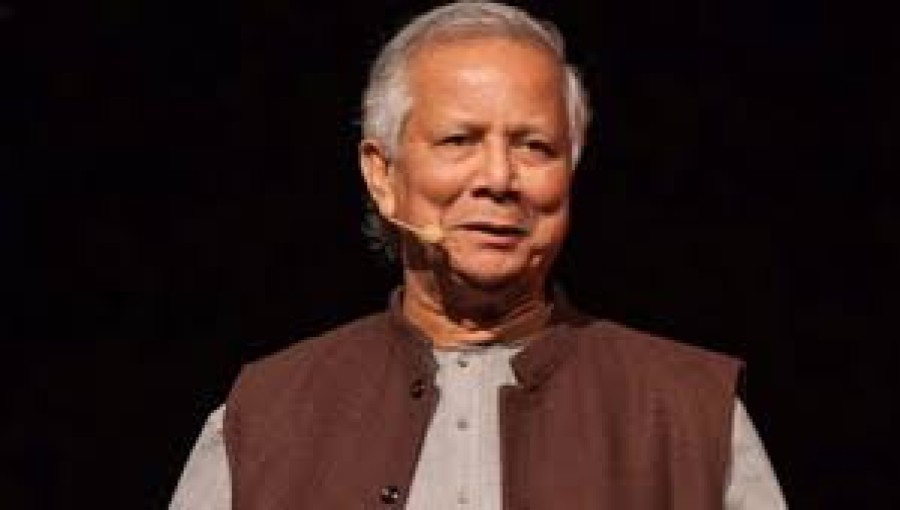
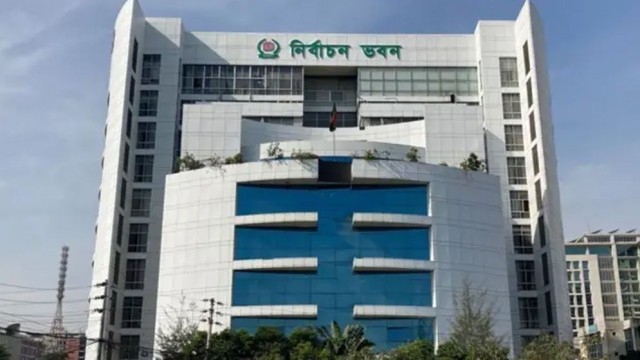
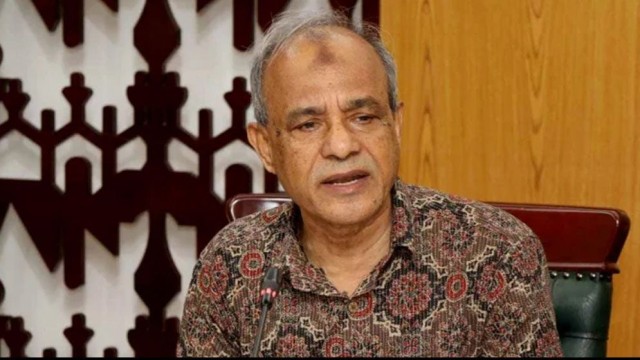
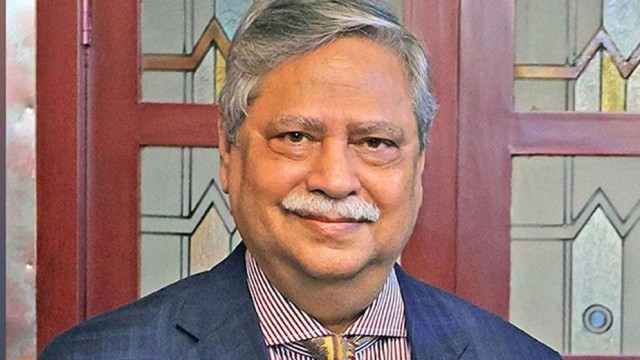
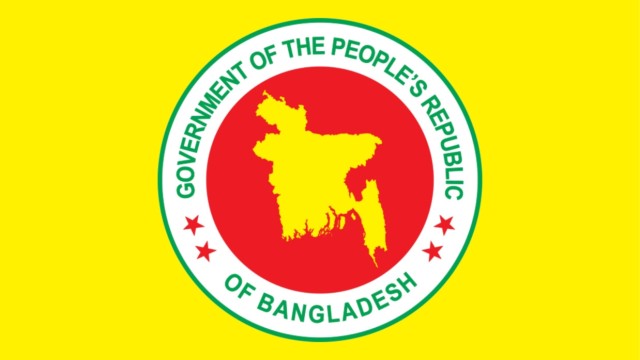

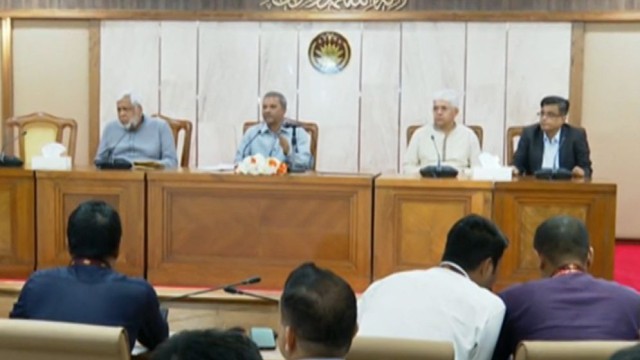
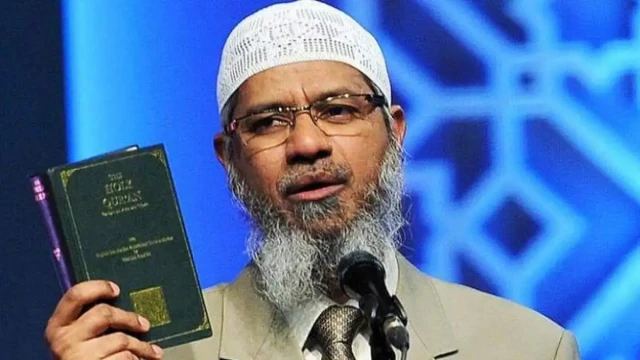

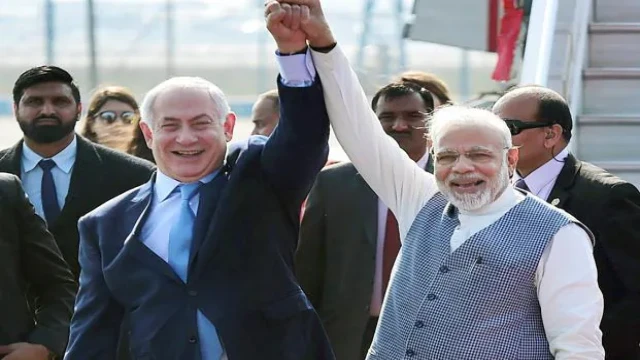
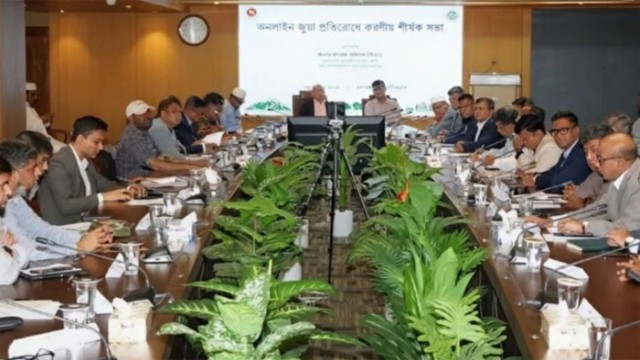
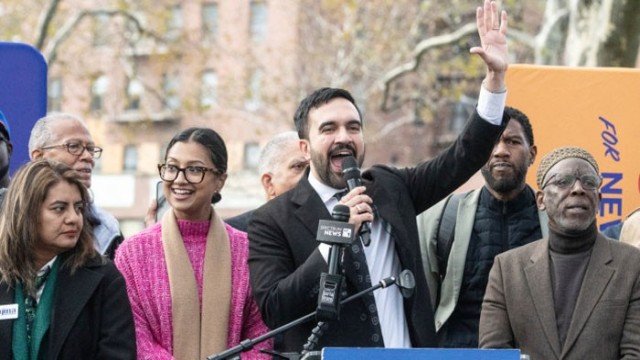

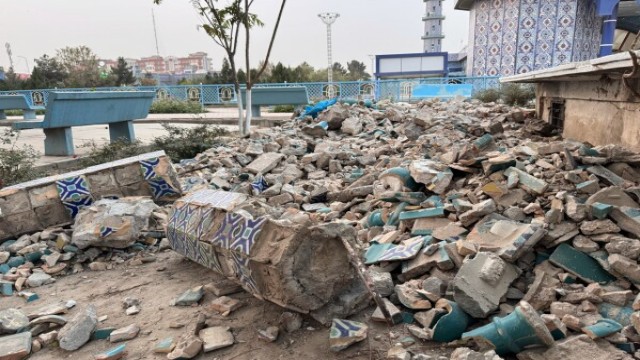
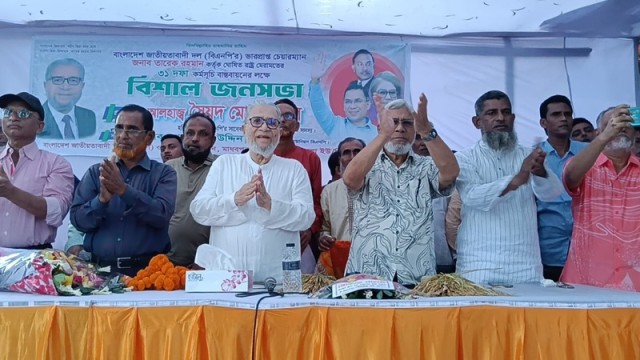
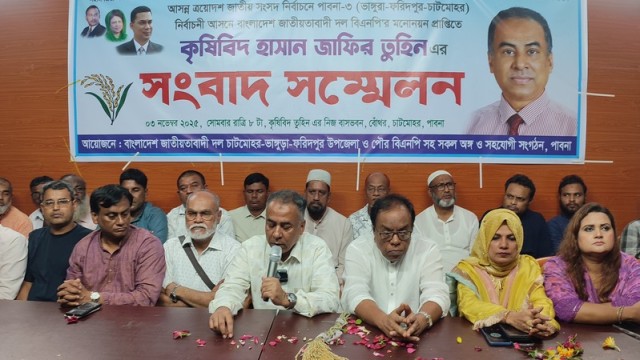


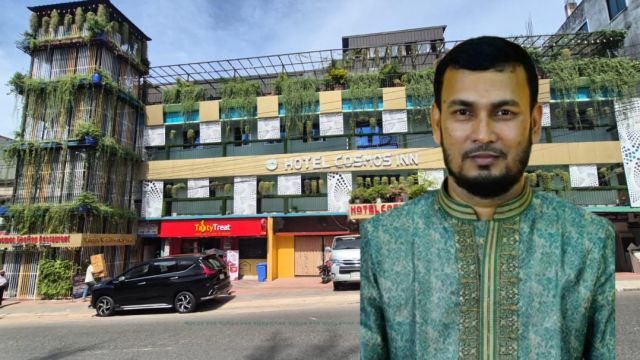
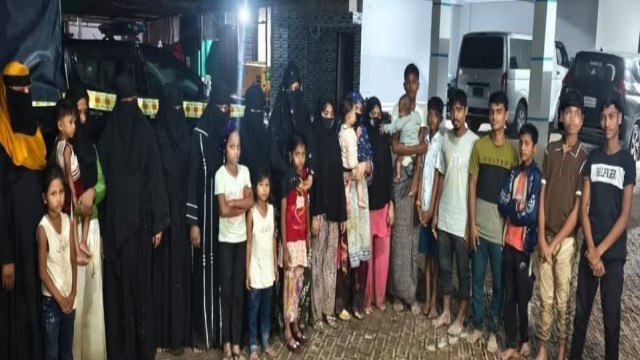
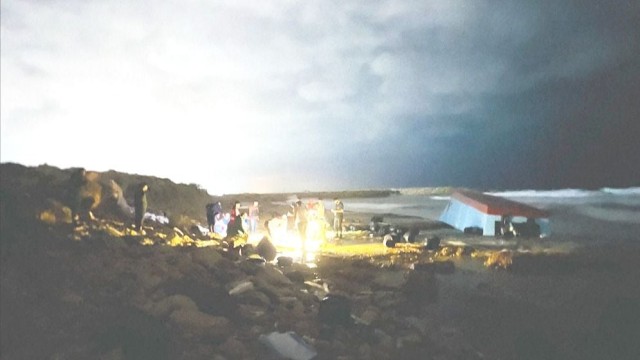





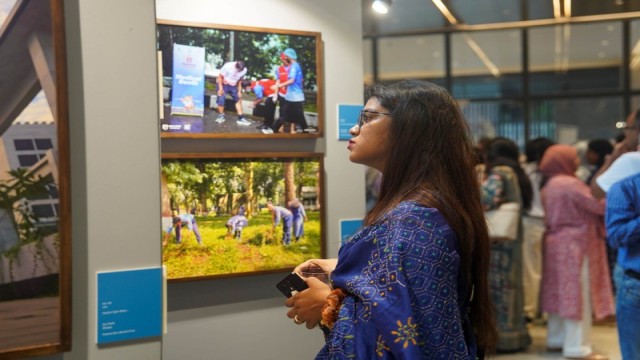

Comment: